-
What can I expect from therapy?
Because each person has different issues and goals for therapy, the therapy experience can be different depending on the individual. In general, you can expect to discuss the current events happening in your life, your personal history relevant to your issue, and report progress (or any new insights gained) from the previous therapy session. Depending on your specific needs, therapy can be short-term, for a specific issue, or longer-term, to deal with more difficult patterns or your desire for more personal development. Either way, it is most common to schedule regular sessions (usually weekly).
It is important to understand that you will get more results from therapy if you actively participate in the process. The ultimate purpose of therapy is to help you bring what you learn in session back into your life. Therefore, beyond the work you do in therapy sessions, I may suggest some things you can do outside of therapy to support your process - such as reading a pertinent book, journaling on specific topics, noting particular behaviors or taking action on your goals. People seeking psychotherapy are ready to make positive changes in their lives, are open to new perspectives and take responsibility for their lives.
-
How does confidentiality work?
Whatever we discuss in therapy, stays in therapy. However, there are times when a therapist is legally obligated to break confidentiality:
Harm to self or others. If a therapist believes that you are in imminent danger of hurting yourself or someone else, a family member, police or ambulance will be called to ensure safety.
A child under the age of 18 or older adult in care is in danger. In these cases, the Department of Child and Family Services (DCFS) or the police will be called.
Your files are subpoenaed by the court.
A client experienced a health emergency during a session. In this case, medical staff would be provided only with necessary information. No information about why a client is in therapy will be shared.
-
How long is a therapy session?
A standard individual, couple or family therapy session is 53 minutes long. Appointments are typically scheduled weekly or bi-weekly at at specified day and time.
-
Is online therapy right for me?
Although there are many advantages of online counseling (it’s convenient, effective, keeps us safe from infectious diseases such as COVID-19), it’s not right for everyone. Online counseling (teletherapy) works best for those with mild to moderate symptoms (not people who are suicidal or in crisis), are comfortable using technology, and have a quiet, private place to have their sessions.
-
What clients do you service?
We work with clients from all nationalities, races, and backgrounds. My goal is to create a comfortable, safe space where all of my clients can feel understood and thrive. As a black female owned practice, we are uniquely positioned to deal with many cultural sensitivities, helping our clients better understand the ways in which our cultural identities can impact mental health.
-
Where is my practice-based?
We are based in Chicago, Illinois, but through the power of technology, we are able to connect with and assist clients across throughout Illinois with their therapy journey. Please contact us if you wish to schedule a virtual session.
Payment & Insurance
-
Do you accept insurance?
Yes, we currently accept United Healthcare, Blue Cross Blue Shield PPO and Aetna. If your insurance is not on this list, we are out of network.
With some insurance plans, you may be eligible for reimbursement if your provider is out of network. If so, weare happy to provide a superbill for you to submit to your insurance company for reimbursement.
If your insurance does cover therapy sessions, you still may be responsible for paying a fee (i.e. copay, deductible, etc). You will be required to place a credit or debit card on file to be charged at the end of every session.
-
What if you do not accept my insurance or if my insurance is out of network?
If we do not accept your insurance or you are out of network, you may have out-of-network benefits, which means that insurance will reimburse you for a portion of our session cost. We have partnered with Thrizer to handle the out-of-network process automatically for you. With Thrizer, you will only have to pay your co-insurance for our sessions, instead of paying our full fee and waiting for reimbursements. This can save you on average 70% upfront on our sessions. If you would like we can help you verify if you have out-of-network benefits and how much your co-insurance would be.
-
Do I have to use insurance?
Although we do take insurance if that makes sense for your situation, we have a number of clients who choose not to use insurance. Some clients have concerns about the degree of privacy that can be maintained once a claim makes it’s way to a huge managed care company. Others do not wish to be given the mental illness diagnosis that all providers must assign them if they are filing an insurance claim. If that is the case, paying out of pocket may be a better option for you.
-
How much are sessions if I would like to self-pay?
The cost of an intake session or a therapy session is $200 per session. A discounted option may be available for those who are experiencing financial hardship.

